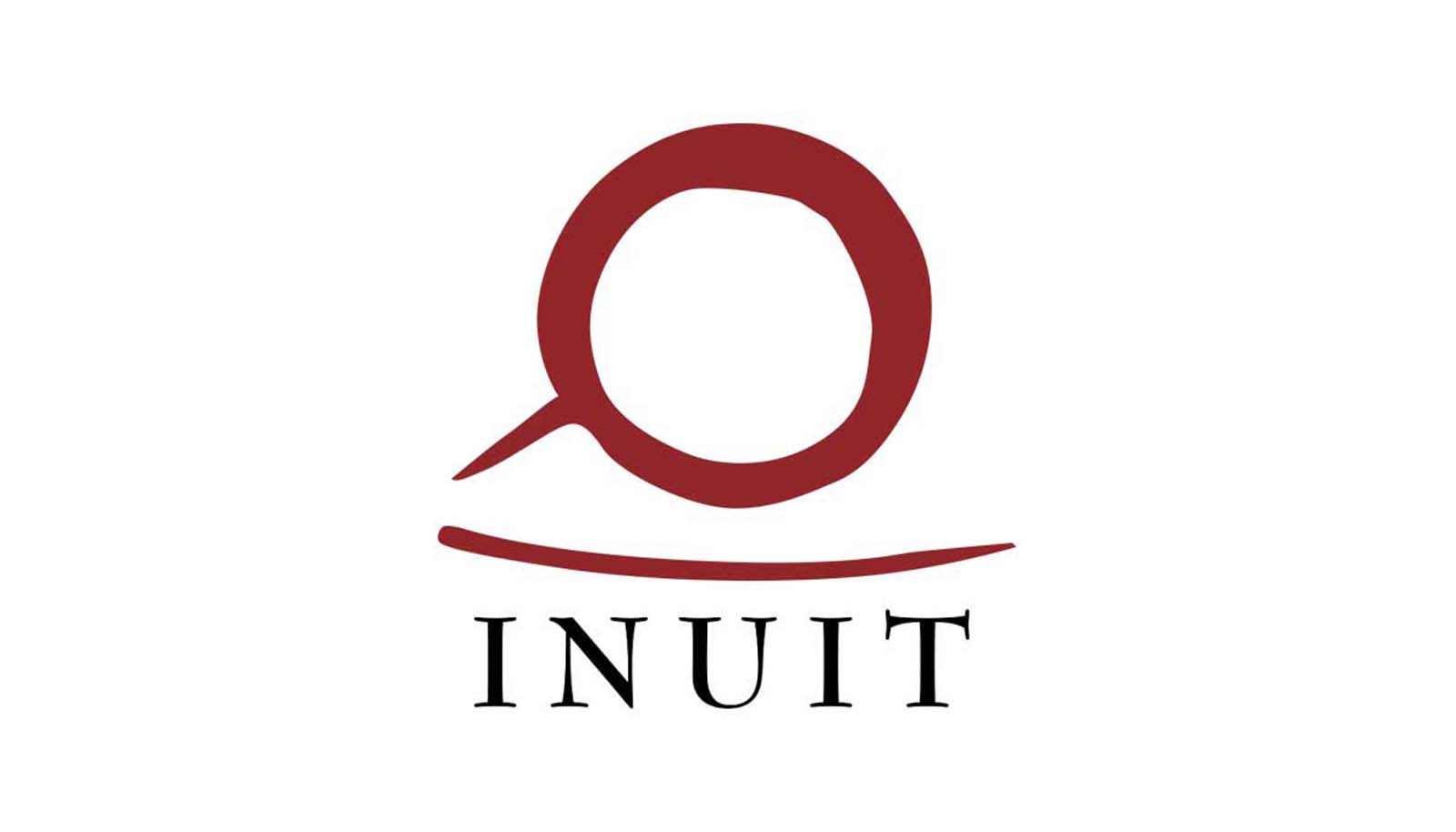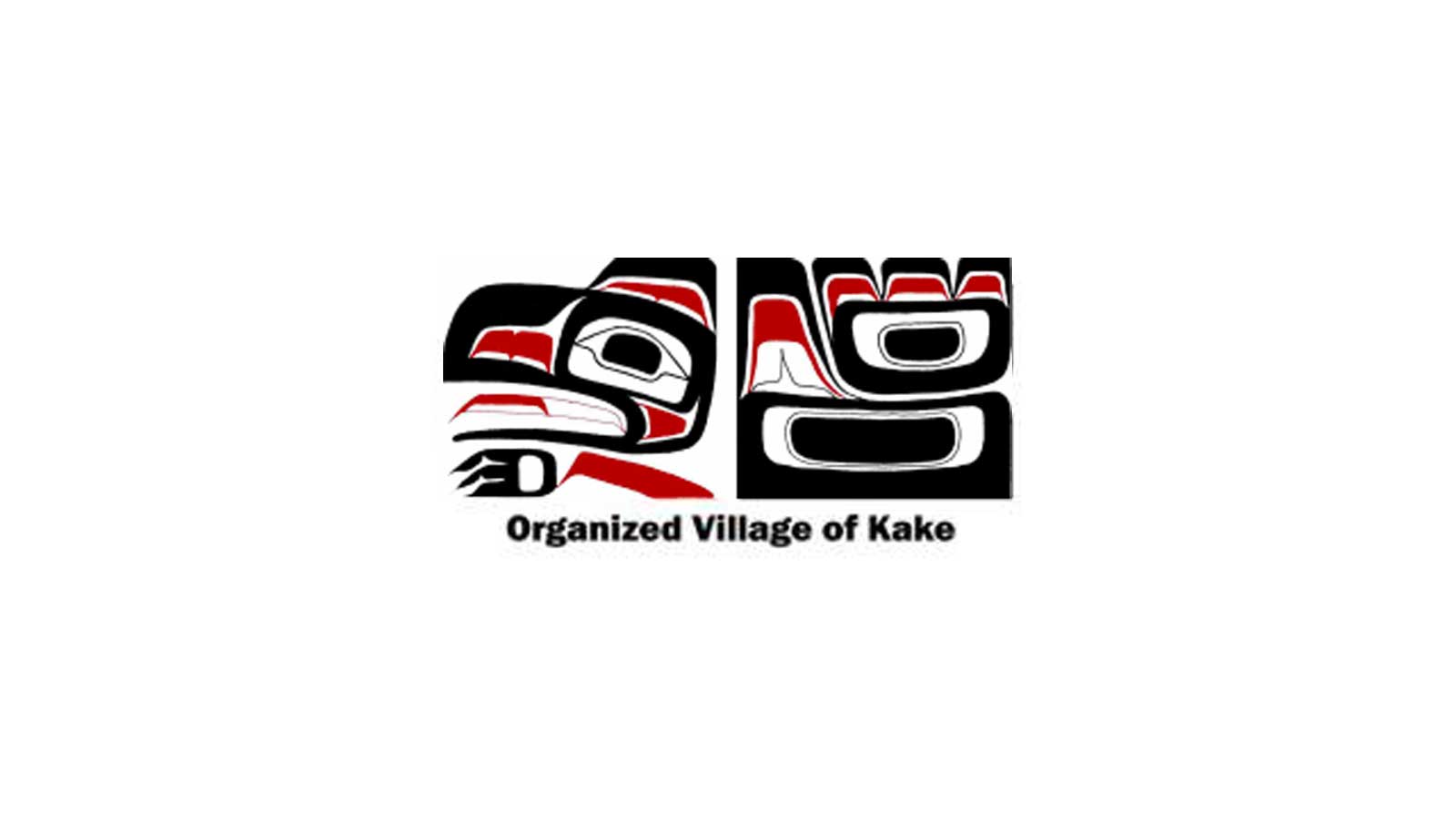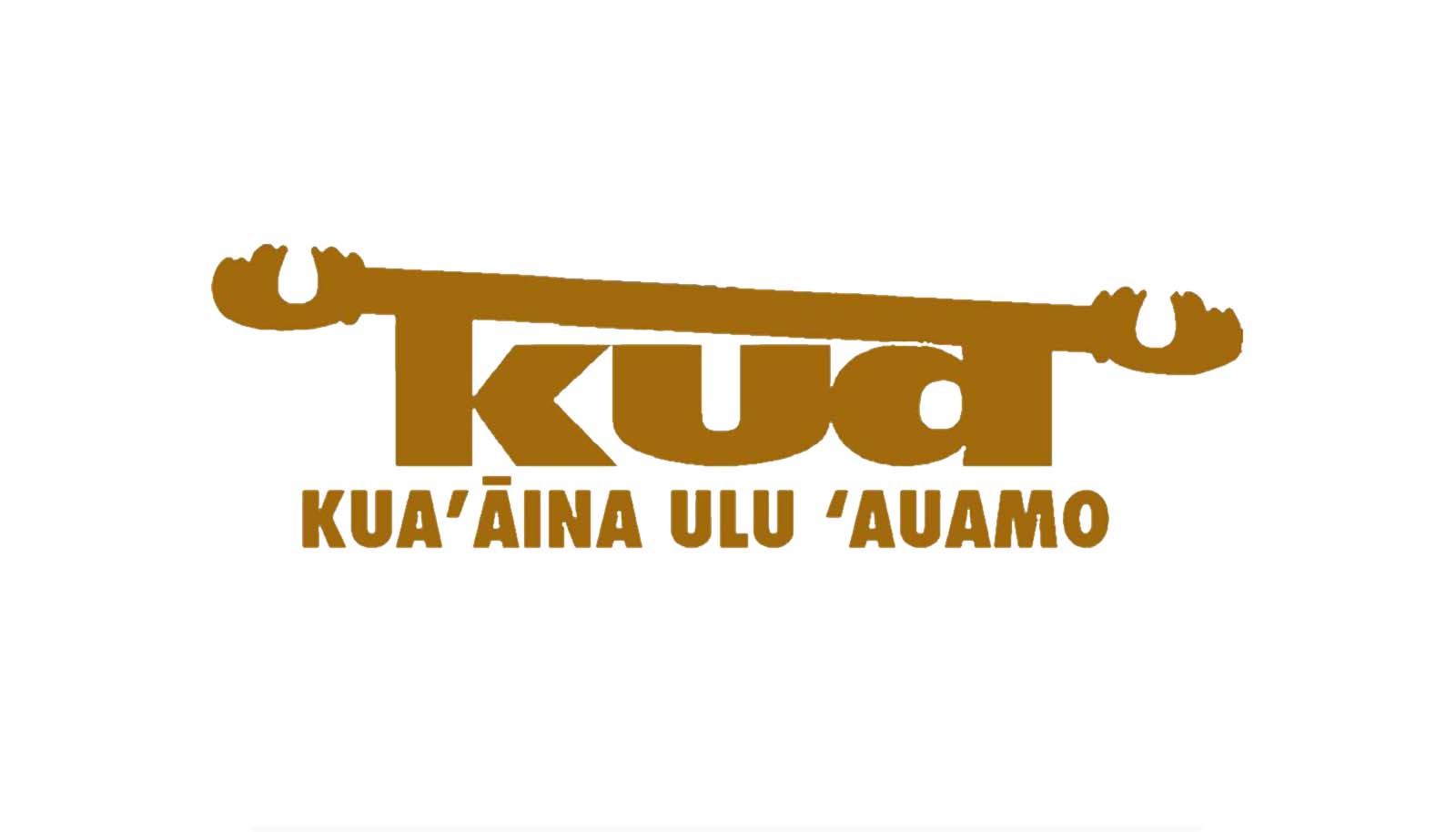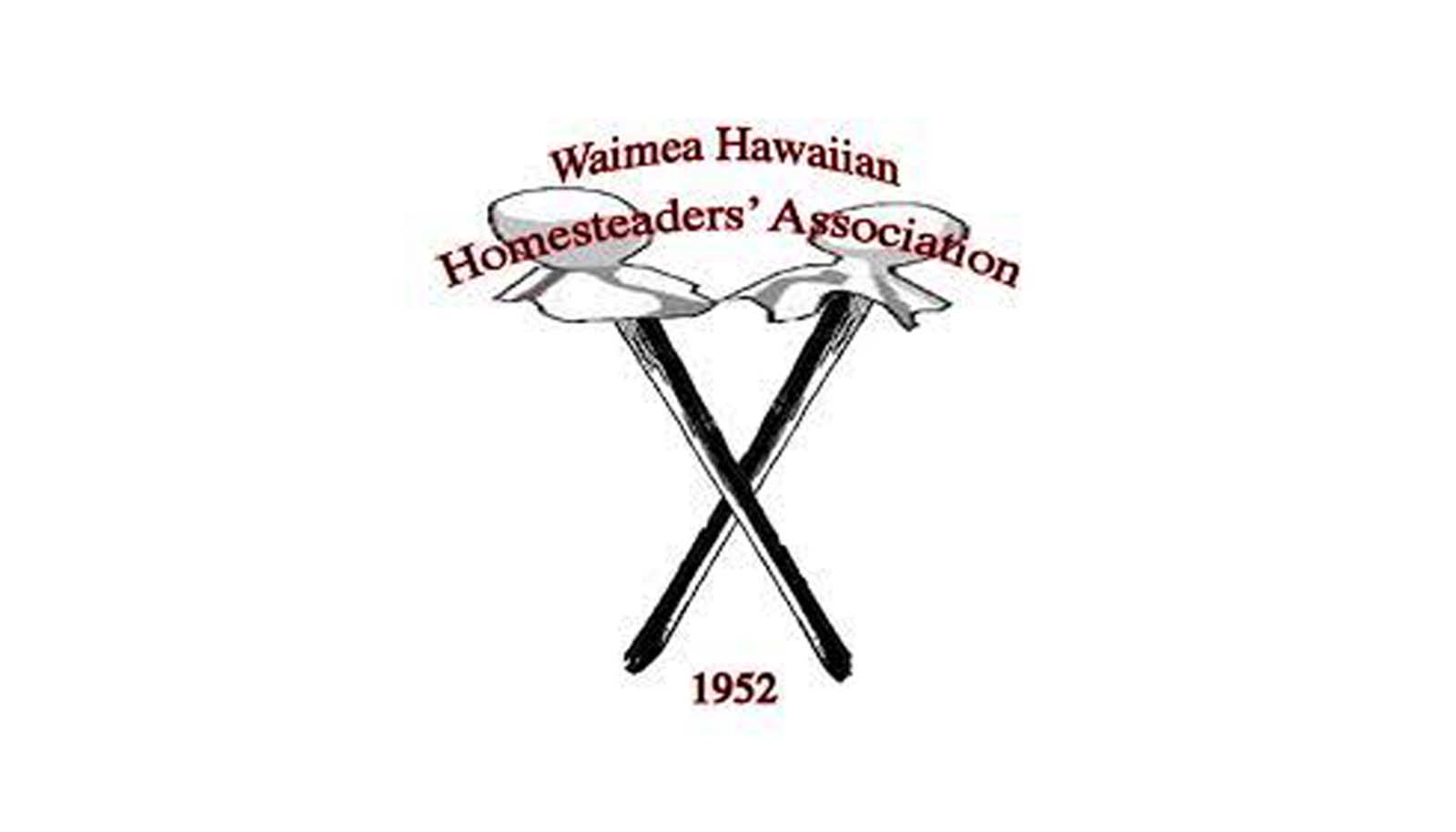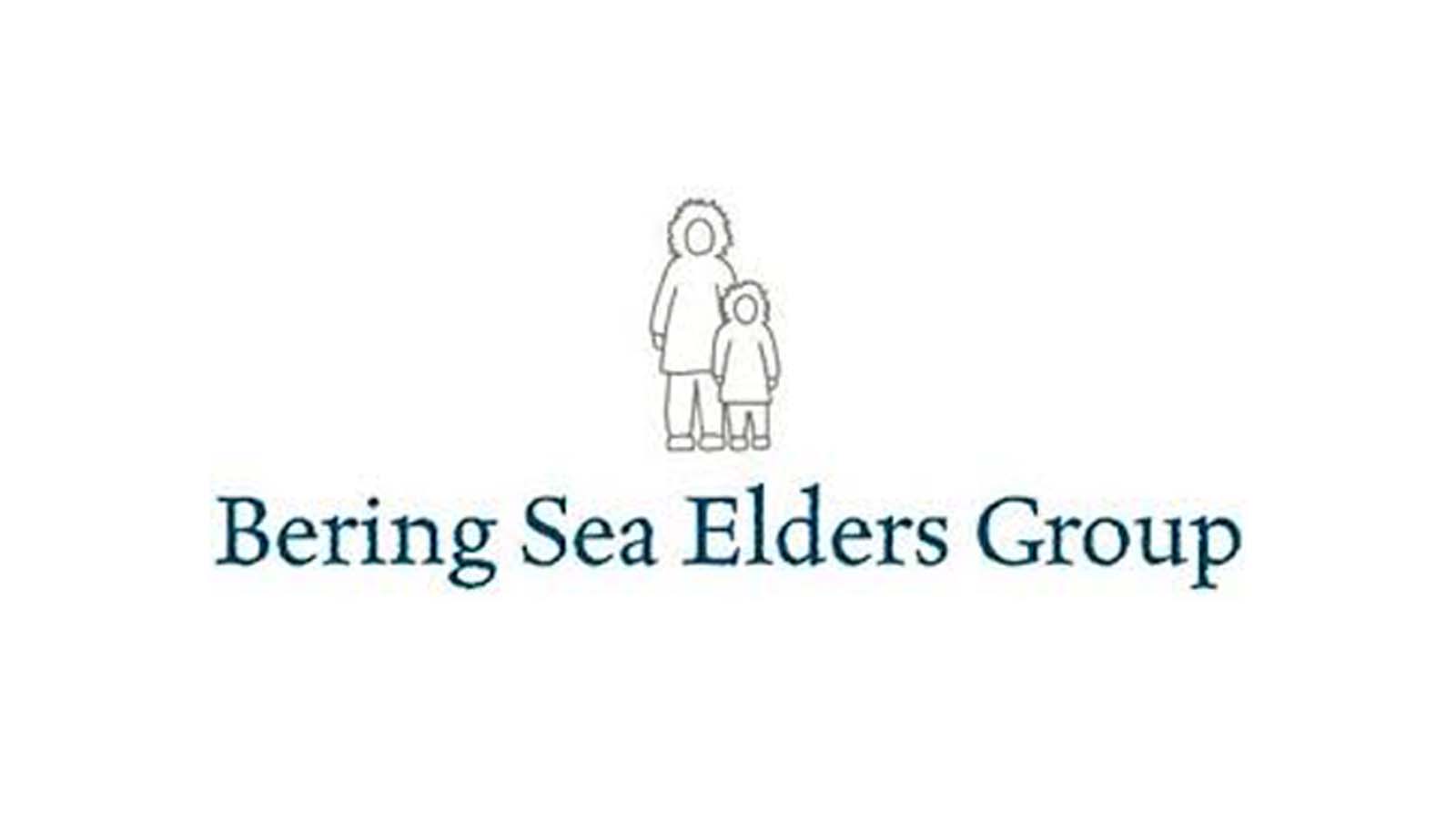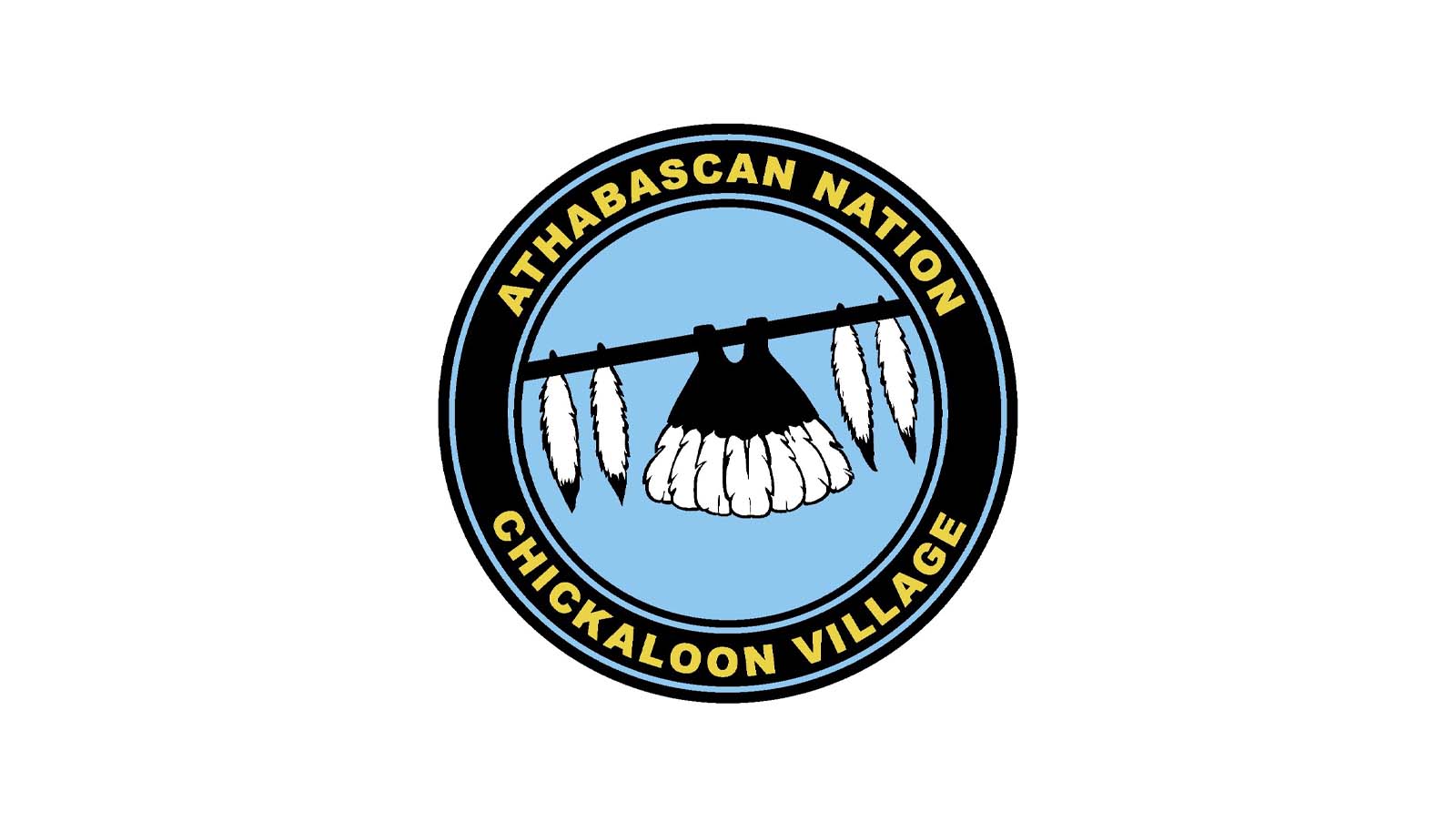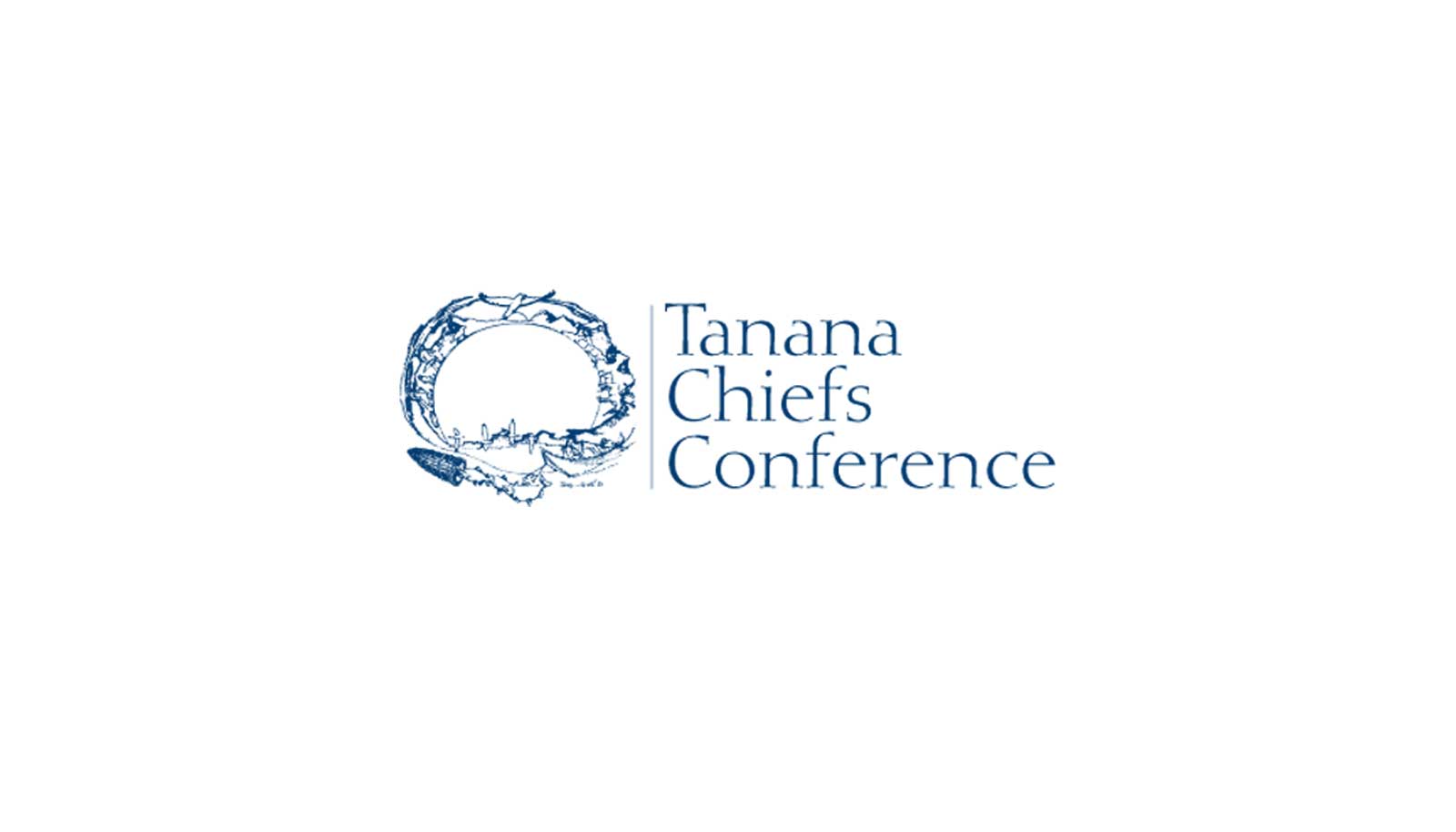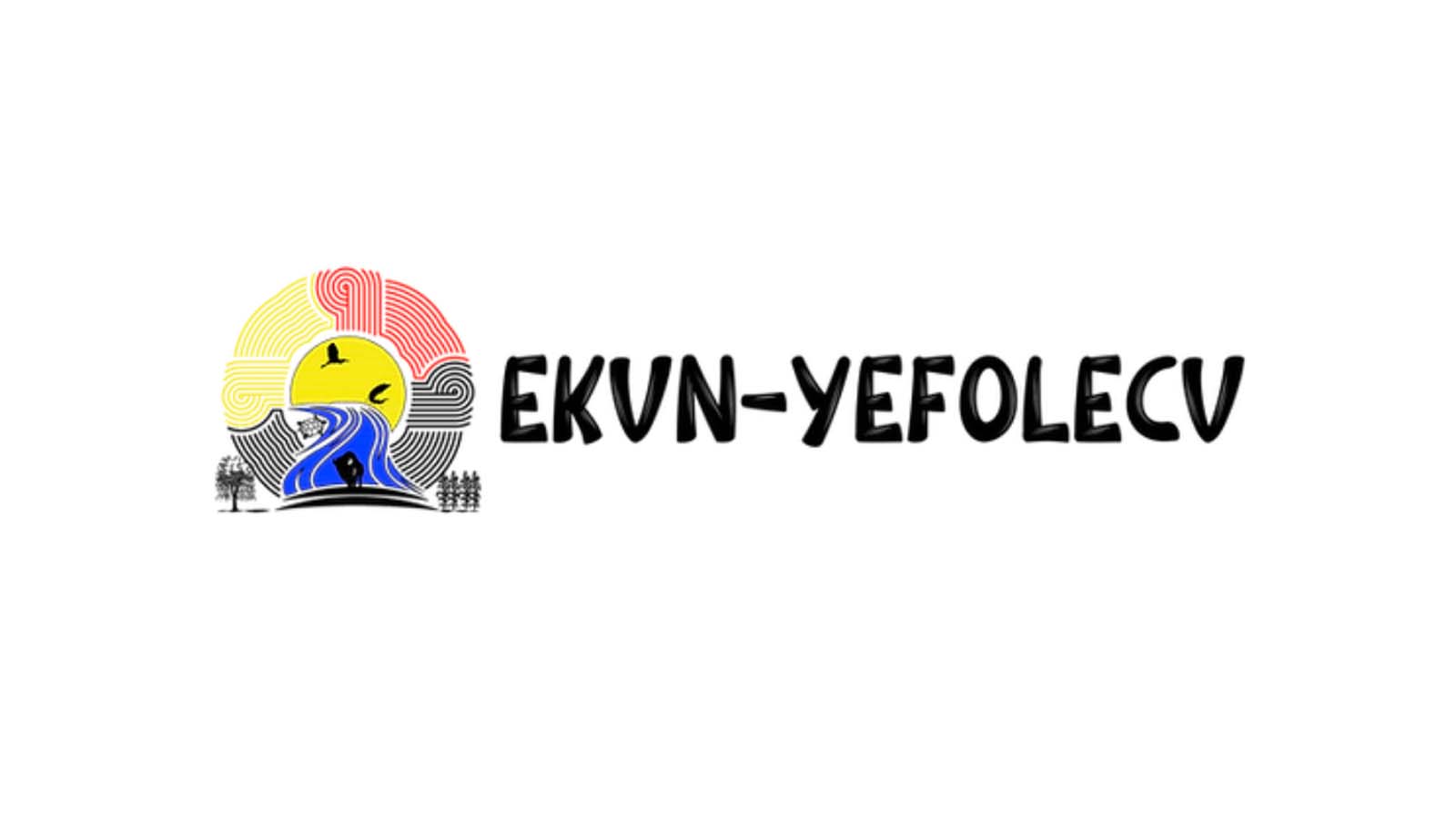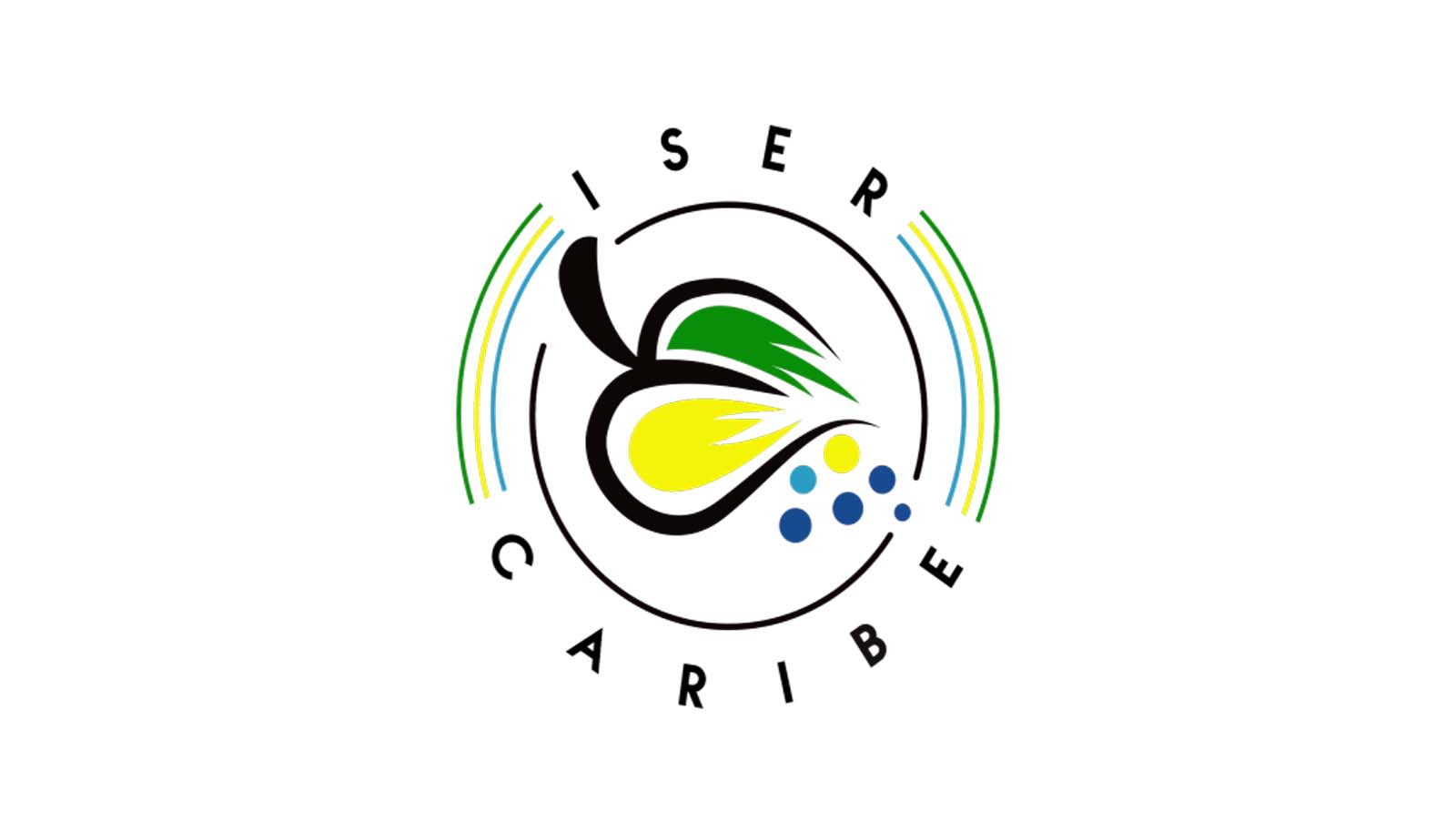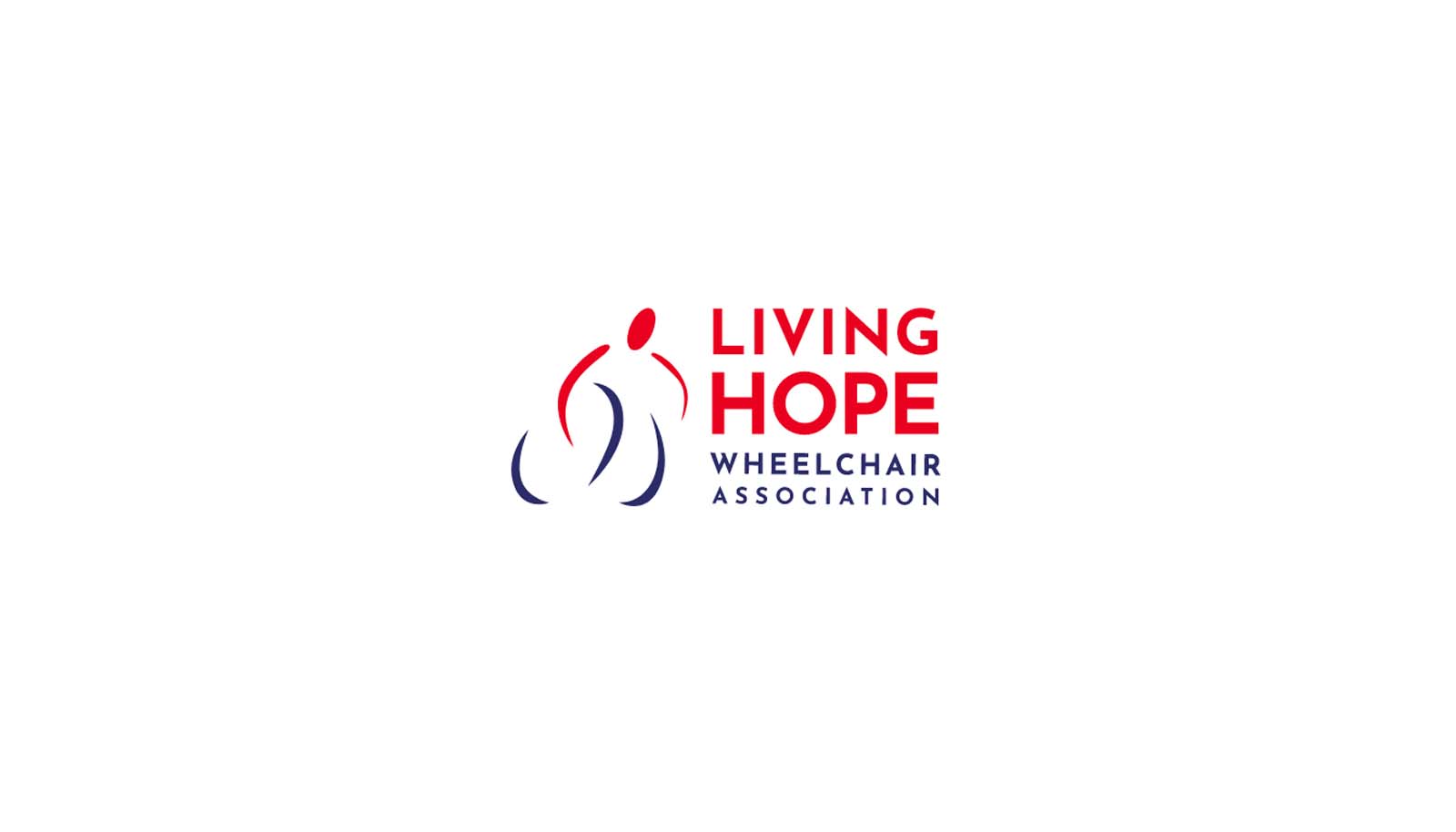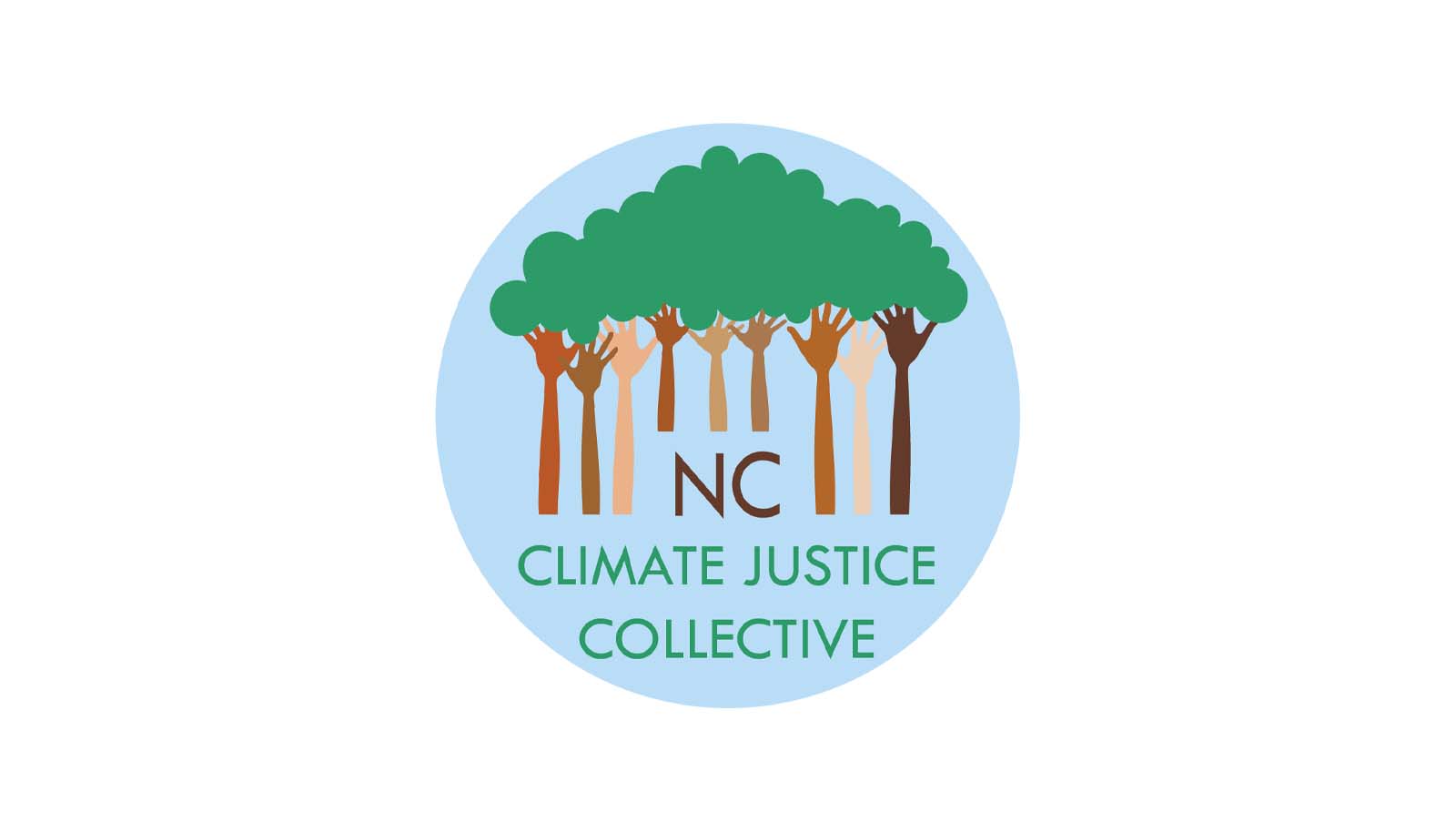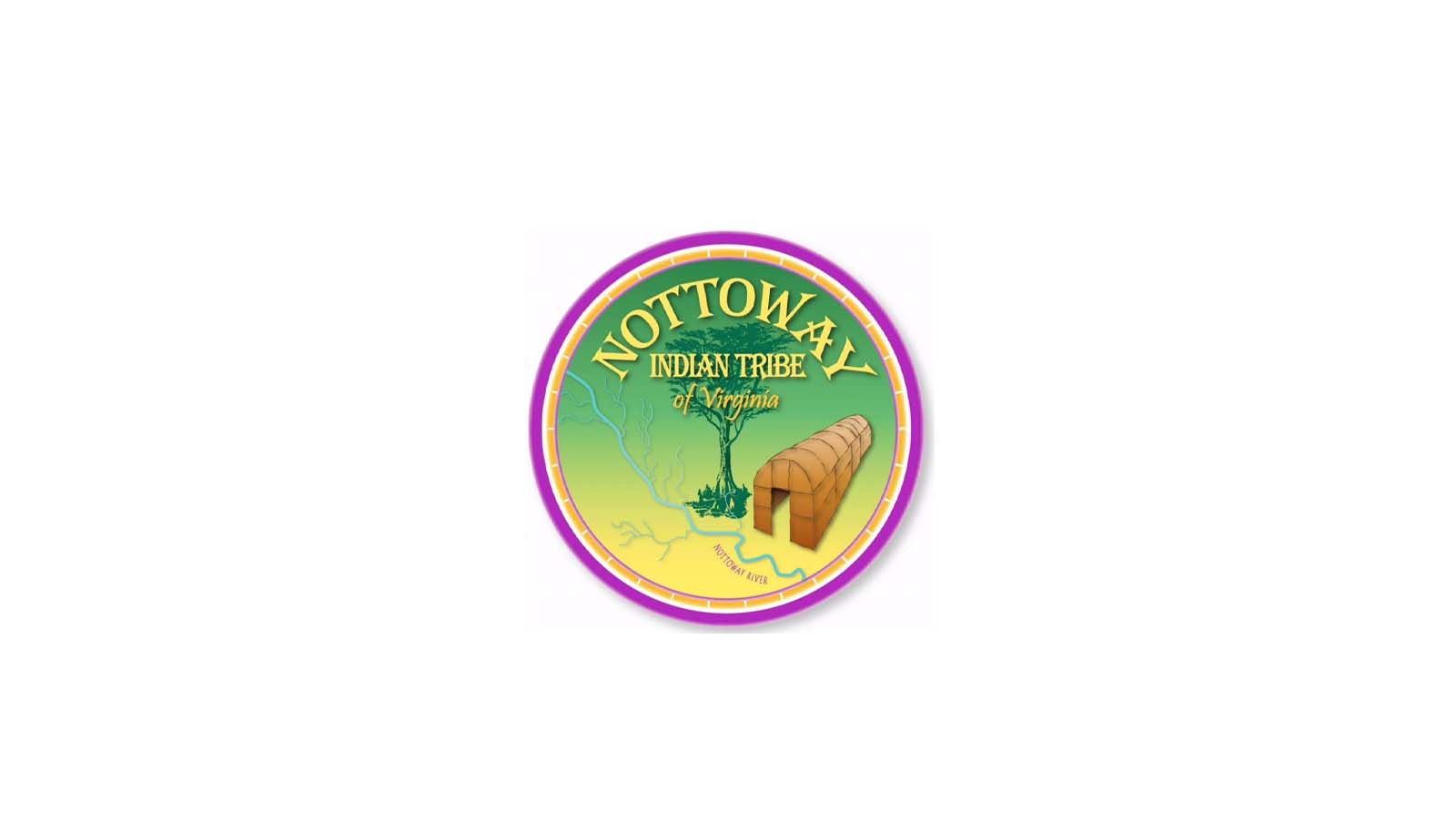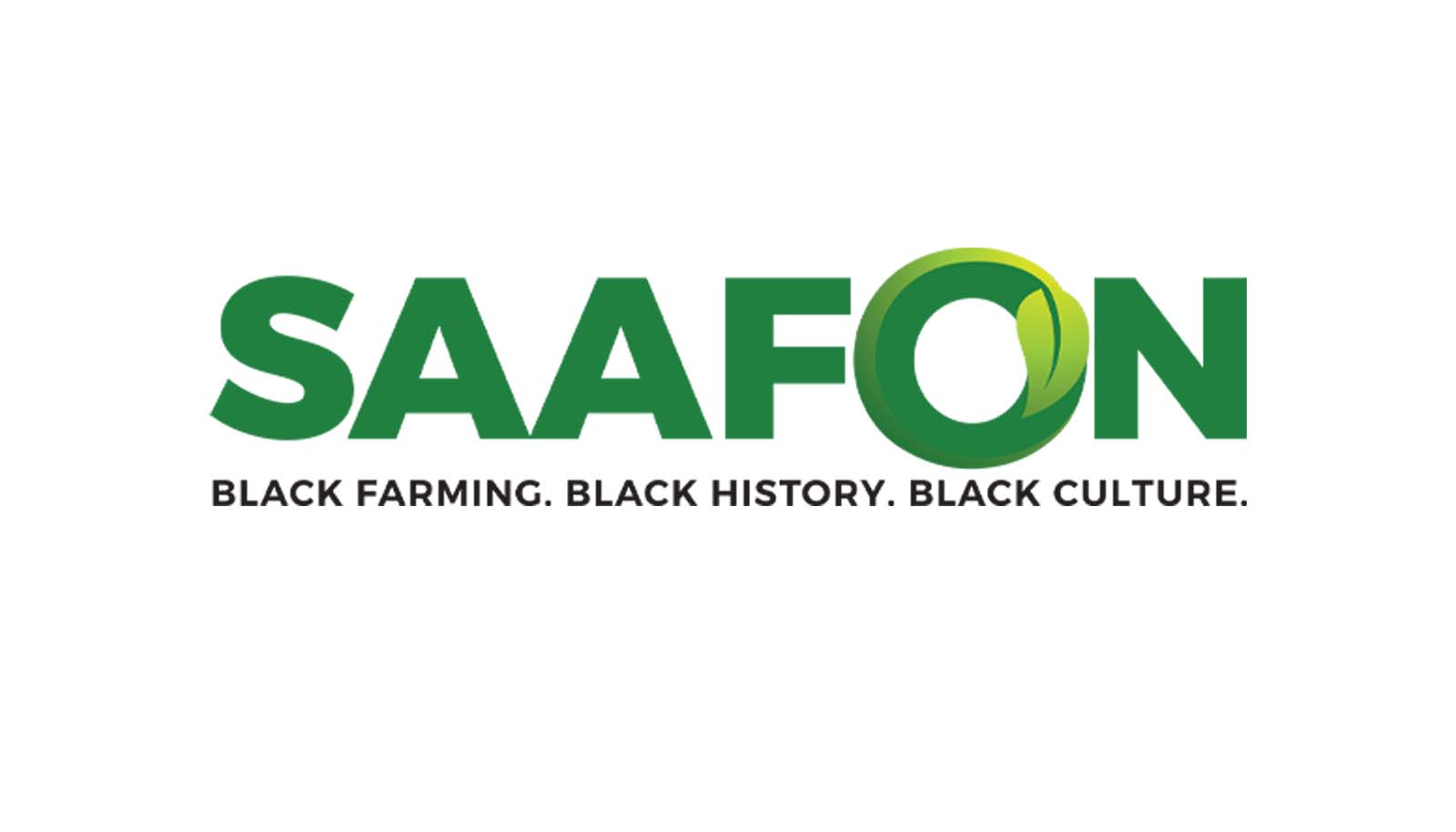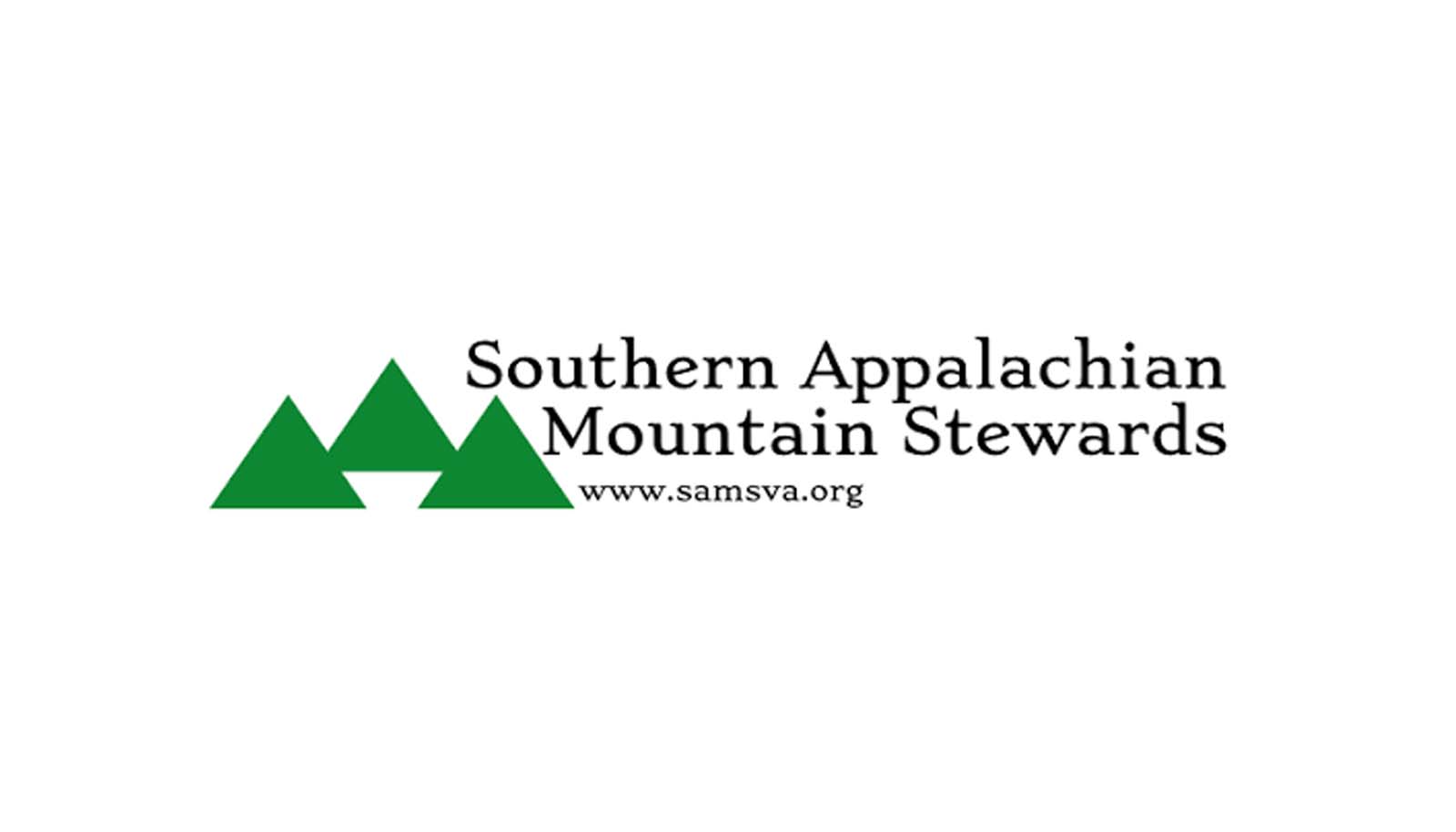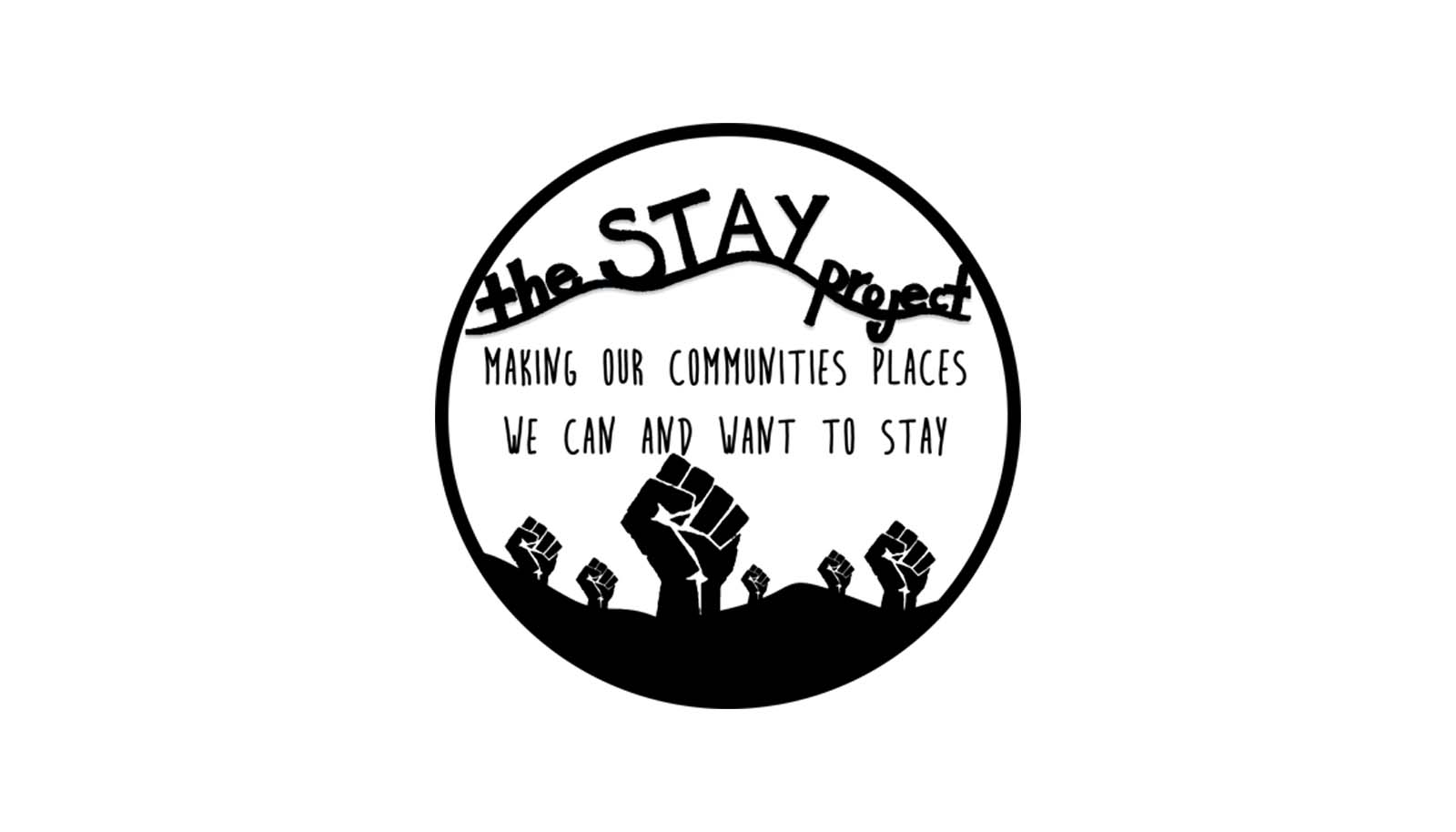Grantees
We are supporting 35 organizations selected through our participatory grantmaking initiative exploring power-sharing and policy work around climate change and environmental justice.
Grants were awarded in the Kolea Region and the Southeastern United States
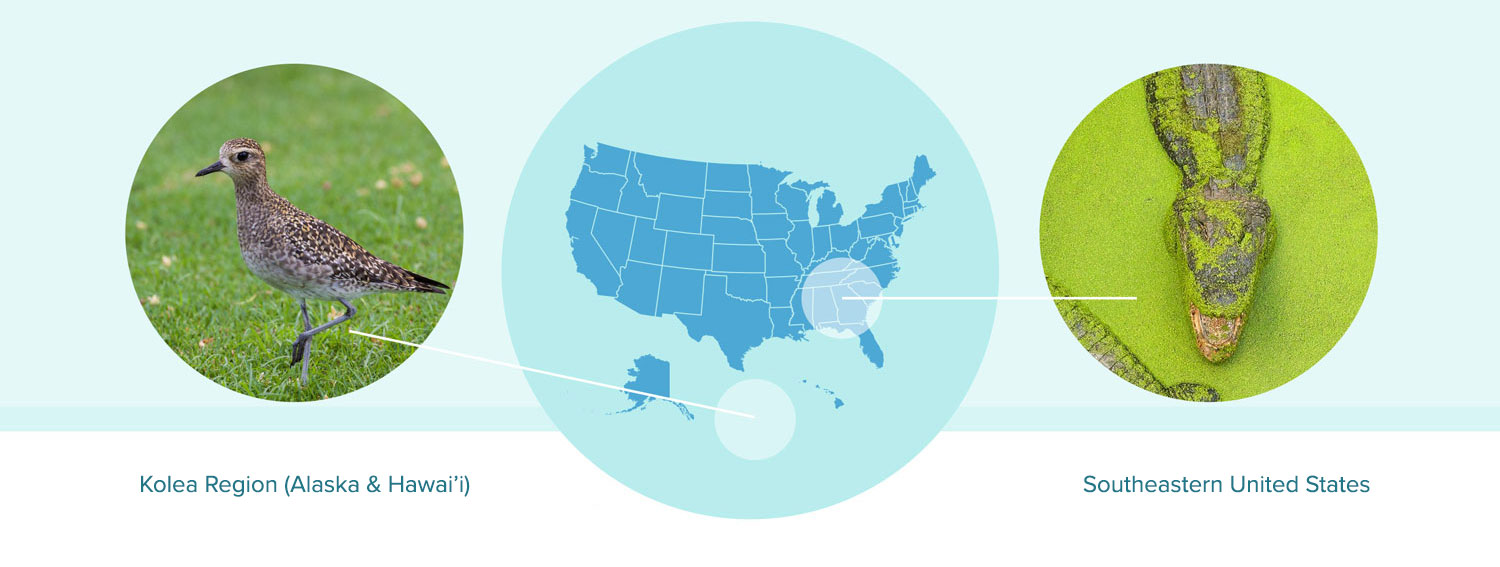
Our participatory Design Team and Grantmaking Group, along with partners involved in our participatory grantmaking initiative, nominated 35 groups in the Kolea Region and Southeastern United States, areas identified as severely impacted by resource extraction and climate change; grappling with issues of environmental justice; and traditionally under-resourced. The selected groups center their work around traditional and/or local ecological knowledge and deep connection with the planet.
Meet the grantees:
Grantees in the Kolea Region (Alaska & Hawai’i)
Inuit Circumpolar Council – Alaska
ICC – Alaska exists to be the unified voice and collective spirit of Alaskan Inuit, to promote, protect, and advance Inuit culture and society.
Organized Village of Kake
The Organized Village of Kake’s core purpose is to strengthen tribal community and culture by enhancing quality of life, preserving and sustaining traditions, and advocating for the protection and preservation of customary and traditional areas and gathering practices.
Kua’aina Ulu Auamo (KUA)
KUA empowers communities to improve their quality of life through caring for their biocultural (natural and cultural) heritage.
Waimea Hawaiian Homesteaders’ Association
The Waimea Hawaiian Homesteaders’ Association works in the tradition of collaboration and cooperation to create community development, economic opportunities, and self-sustainability on land used for residential, agricultural, and pastoral purposes.
Bering Sea Elders Group
As Elders, we are messengers to our children, our tribal councils, and the people who make decisions that affect our marine resources, ecosystem, and ways of life.
Native Village of Port Heiden
The Native Village of Port Heiden is using its traditions to create new opportunities for its people and community to live, thrive, and grow as they have for thousands of years.
Chickaloon Village Traditional Council
The council’s mission is to perpetuate our ancestors’ beliefs, customs, traditions, and values and steward our environment to help our citizens thrive.
Kokua Kalihi Valley Comprehensive Family Services
KKV’s Roots Project aims to revitalize the community’s access to quality food through organic farming, ancestral practices, and connecting around preparing and sharing food, culture, and traditions that sustain the health of people and the land.
Learn more about Kokua Kalihi Valley Comprehensive Family Services
Native Village of Savoonga
Savoonga is a traditional St. Lawrence Yupik village with a subsistence lifestyle based on walrus and whale hunting. It is hailed as the “Walrus Capital of the World.” Whale, seal, walrus, and reindeer comprise 80% of islanders’ diets. Due to the island’s isolation, most residents are bilingual — St Lawrence Island Yupik is still the first language.
‘Aimalama
Our group’s collective work seeks to provide Hawaiʻi communities with tools to track environmental changes occurring in their places by providing training and workshops to be active kilo (environmental observers and forecasters) and to connect them to ʻāina based organizations in their communities. These organizations ultimately serve as repositories of this community-created and controlled environmental information.
Hui Maka’ainana o Makana
Our mission is dedicated to perpetuating and teaching the skills, knowledge, and practices of our kūpuna (ancestors) through the interpretation, restoration, care, and protection of the natural and cultural resources that are located within the Hāʻena State Park.
Kamiloloa One Ali’i Homestead Association/Native Limu Restoration Project
Our project was inspired by the desire of our kupuna (elder) limu (native Hawai’ian algae) practitioners who noticed a steady decline of our native limu along the shoreline of which we live. Our ever changing marine ecosystem has also made evident a decline of much of our natural marine resources that for generations has provided for our subsistence lifestyle. We work towards restoration of our shoreline and ocean resources, with the goal of teaching and educating our future generations to the importance of our native limu not only as a food source but its cultural relevance, and its connection to all of our marine resources as well as the overall health of our island(s).
Learn more about Kamiloloa One Ali’i Homestead Association/ Native Limu Restoration Project
Laulima Kuha’o
Laulima Kuha’o works to improve the lives of the people of Lana’i by maintaining historic values and culture, building community spirit, and engaging in economic and enterprise development projects.
Maui Nui Makai Network
We are a group of community and partner organizations exerting our kuleana (responsibility) to care for the ocean in a way that honors our kūpuna (ancestors), and the traditional and cultural practices of our places. We work to protect and restore healthy coastal and marine ecosystems for the people of Maui Nui, using powerful place-based, collaborative strategies.
Punana O Kaiona (CDC)
We are a grassroots organization working toward environmental justice in the Waianae Valley on the island of Oahu, Hawaii. Through our CDC’s land base of 1,100 acres and adjacent Kaala Farm, we are restoring the natural ecological balance of the Waianae Valley, the historical loi (taro patches) and the dryland forests, which naturally preserve water. We have built cultural hale (structures) for groups to come and learn about Hawaiian culture and heal from drug addiction, anger, and other social ailments. Our goal is to restore the valley’s natural ecosystem to bring back balance to the aina (Mother Earth) and help mitigate wildfire risks and damage. Our example shows how natural ecosystems can be adapted in modern contexts and influence policy for conservation and land restoration that also heals the human spirit.
Kawerak, Inc.
Kawerak advances the capacity of people and tribes by connecting residents, communities, and tribes with resources to improve their lives and safeguard their environment, culture, and tradition.
Native Village of Shaktoolik
Shaktoolik is a Malemiut Eskimo village with a fishing and subsistence lifestyle. The village was originally located six miles up the Shaktoolik River and moved to the mouth of the river in 1933. This site was prone to severe storms and winds, however, and the village relocated to its present, more sheltered location in 1967. Villagers in Shaktoolik fish and follow a subsistence lifestyle, which is significantly dependent on climate conditions. Shaktoolik typically has a subarctic maritime climate but this is changing quickly with climate change.
Tanana Chiefs Conference
We are organized as Dena’ Nena’ Henash or “Our Land Speaks,” an Alaska Native nonprofit charged with advancing Tribal self-determination and enhancing regional Native unity.
Grantees in Southeastern United States
Alliance of Native Seedkeepers
We redevelop the spiritual bonds our people have with the seeds, which in return teaches us how to become more environmentally, culturally, economically, and health conscious.
Learn more about Alliance of Native Seedkeepers
Another Gulf Is Possible Collaborative
We center cultural organizing, arts-based healing, direct action, advocacy, transformative justice, education, and locally-led capacity-building training as our core areas of work.
HASER Inc – La Colmena Cimarrona
We practice solidarity economy, agroecology, and beekeeping with the intention of promoting food sovereignty in the archipelago of Puerto Rico.
Cosmic Poetry Sanctuary
Comics Poetry Sanctuary is a next level social experiment about peace and love. We are gathering concerns about water from the communities we work with to address water quality and clean water access. We are also currently addressing climate resiliency in the form of food, support, emergency power, and other more specific needs during climate crisis. We have a community garden and we also hold foraging walks teaching how to recognize plants that grow native in the region.
Ekvn-Yefolecv
Ekvn-Yefolecv is dedicated to revitalizing the Maskoke language; coupling the traditional Maskoke ecological worldview with Western scientific approaches to regenerative lifeways; and practicing regenerative agriculture.
Hijra House
Hijra House’s mission is to cultivate, advocate, and facilitate faith-based solutions to distinct economic and social challenges of low/moderate-income citizens and areas. Hijra House uplifts oyster aquaculture as a means for greater environmental and economic justice for South Mississippi and South Mississippians. In addition to providing entrepreneurial and worker-owned opportunities for South Mississippians, our aquaculture work improves Gulf of Mexico water quality; wastewater systems that are a source of pollution into the Gulf of Mexico; and ultimately the drinking water systems that impact community health. Equally as important, by advancing our aquaculture work through an alliance of agricultural concerns owned and/or led by African-American farmers and urban gardeners, we are co-building processes and addressing policy with democratic principles of inclusion and accountability while also gauging local community confidence in their drinking water.
Iniciativa de Ecodesarrollo de Bahía de Jobos (IDEBAJO)
Our work is based on the transformation of the excluded communities of the southeast region of Puerto Rico through the defense of the natural and cultural heritage and the endogenous community sustainable development.
ISER Caribe
We do innovative research on ecological restoration of coral reefs, potable water, and climate change science.
Sejah Farm of the Virgin Islands/Island Food Security
We are concerned about food systems, food security, and food sovereignty in the U.S. Virgin Islands.
Learn more about Sejah Farm of the Virgin Islands/Island Food Security
Living Hope Wheelchair Association
Living Hope works at the intersection of disability rights, healthcare justice, and immigrant and worker rights providing medical supplies and equipment as well as spaces for leadership development and a community where everyone can feel included, respected, and loved.
New Alpha CDC
New Alpha works alongside coalitions of other climate justice organizations to break socioeconomic barriers and address water, air, land, and healthcare issues impacting communities that have been marginalized.
North Carolina Climate Justice Collective
The NC Climate Justice Collective is a multi-racial, intergenerational movement ecosystem rooted in the communities first and worst impacted by climate and environmental harms. It is addressing the root causes of climate change and planting the seeds of a life-sustaining, regenerative society.
Nottoway Indian Tribe of Virginia
We integrate traditional ecological knowledge and language revitalization efforts into protecting our waterways, our climate, and our land for generations to come.
Learn more about Nottoway Indian Tribe of Virginia
Southcentral Louisiana Jurisdiction CDC
South Central Louisiana Jurisdiction CDC is a faith-based solidarity organization supporting and developing opportunities for financial security and self-reliance for partner groups providing community services, like disaster relief after Hurricane Ida.
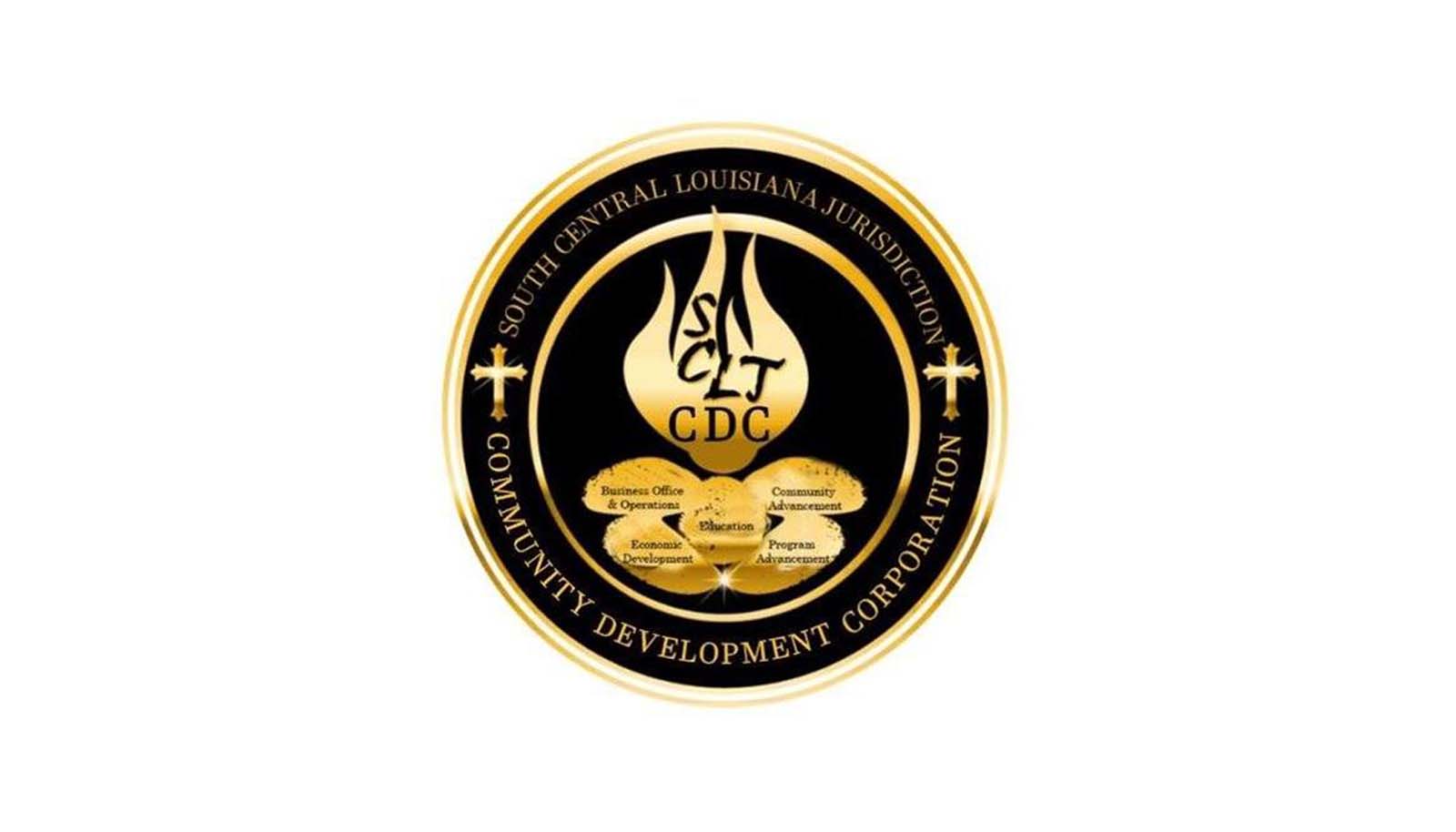
Southeastern African American Farmers’ Organic Network (SAAFON)
SAAFON is a network of Black farmers committed to culturally relevant, ancestrally guided, and ecologically sustainable practices to manage their land and the natural systems on it in order to grow food and raise livestock.
Southern Appalachian Mountain Stewards
We are an organization of concerned citizens working to build just and equitable communities while addressing current and legacy costs of extraction in our region.
The STAY (Stay Together Appalachian Youth) Project
We are a network of young people, ages 14 – 30, who are committed to supporting one another to make Appalachia a place we can and want to stay.
Learn more about The STAY (Stay Together Appalachian Youth) Project
